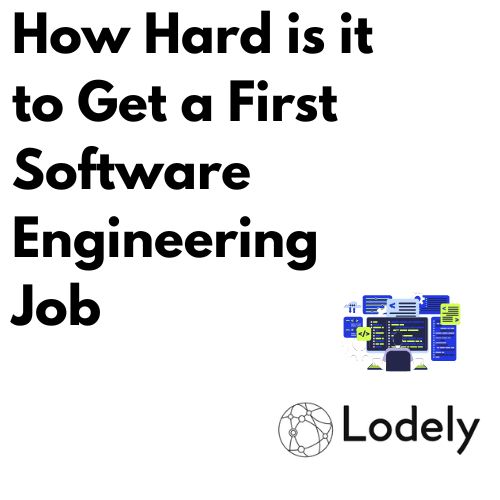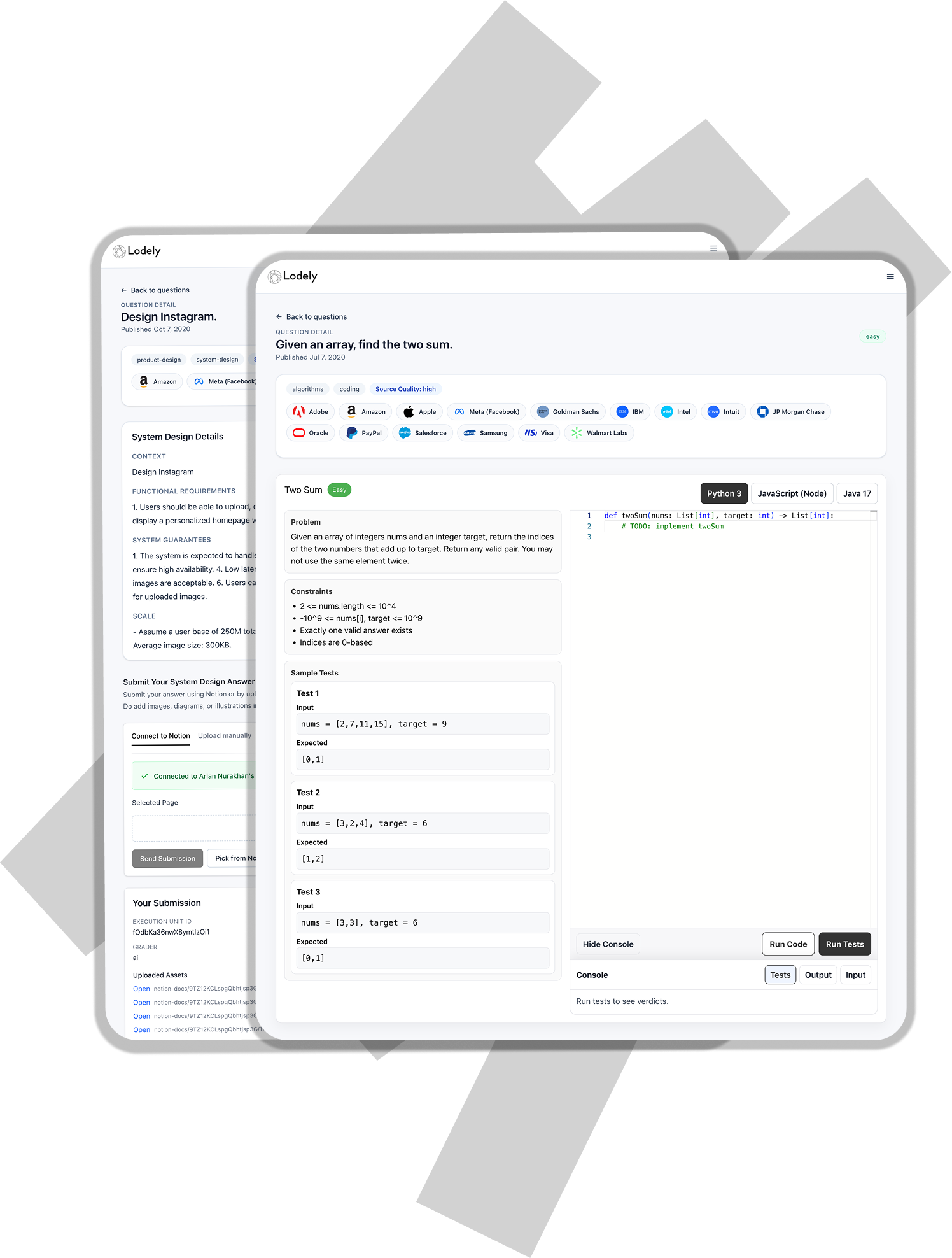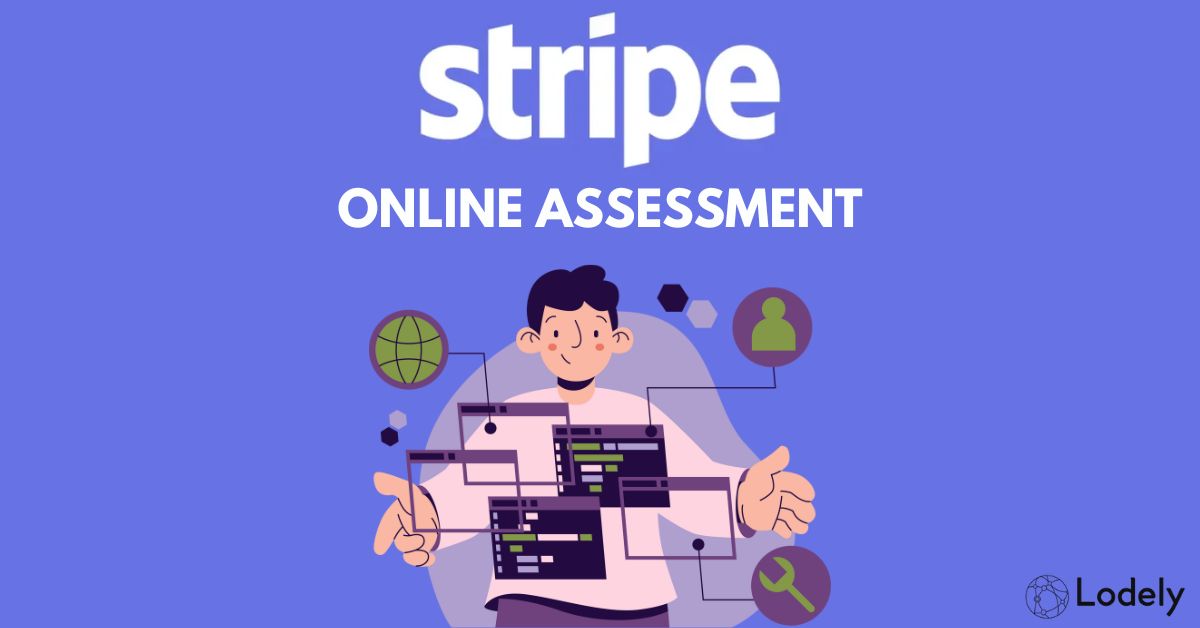How Hard is it to Get a First Software Engineering Job

How Hard is it to Get a First Software Engineering Job: Brutal Truths, Real Numbers, and Smart Strategies
Most junior devs don’t get rejected because they’re bad at coding; they get rejected before they even get seen. Between ghost jobs, resume black holes, and interview bar-raising, it’s no wonder people are asking just how hard it is to get a first software engineering job.
This isn’t another fluffy feel-good piece, this is a straight-up breakdown of what you’re really up against, and what to do about it.
Behind the Curtain of First-Time Engineering Hires
I've been in tech for almost a decade now, and I gotta be honest with you - getting your first software engineering job in 2025 is harder than it's ever been.
Let me break down the reality of what you're facing, because sugar-coating it won't help you prepare for what's actually out there.
Current Difficulty Level: High (8/10)
Here's the thing - I'm not trying to scare you away from this career. But if you're serious about breaking into software engineering, you need to understand what you're up against. The market has fundamentally shifted, and the days of easy entry-level hiring are over.
Here are the hard numbers that show just how competitive it's gotten:
The Job Market Reality
Job postings are down 35% compared to 2020 levels. That's not a small dip - that's a massive contraction.
But here's what really hurts: there's significantly more competition for junior roles than ever before. Companies are posting fewer entry-level positions while being flooded with applications from both new grads and experienced developers who got laid off.
The Competition is Brutal
Average 300-500 applications per entry-level position. I've talked to recruiters who tell me they're getting flooded with resumes for junior roles. It's not uncommon for a single entry-level posting to get 400+ applications in the first 48 hours.
And get this - only 61% of candidates actually complete technical interviews when invited (US data). That means 4 out of 10 people who get invited to interview don't even show up or finish the process. But don't let that fool you into thinking it's easy - it just shows how overwhelming the process has become.

But There's Hope - The Success Stories
Here's where it gets interesting. Despite all the doom and gloom, 79% of coding bootcamp grads are employed full-time, and it takes 1-6 months to get that first job, according to Course Report's study of 3,043 bootcamp graduates. That's actually pretty solid!
And if you're prepared and strategic about it, the average job search duration is 3-6 months for candidates who know what they're doing.
Key Barriers in 2025 (What's Making It So Hard)
Let me tell you what's actually happening behind the scenes that's making this so difficult:
Companies Are Being Super Picky
Companies prioritize "quality over quantity" hiring now. They'd rather leave a position unfilled than hire someone who isn't a perfect fit. I've seen teams at companies I've worked with literally turn down dozens of candidates rather than take a chance on someone who might need a bit of ramp-up time.
Technical interview scores required increased 12% from the previous year. Translation: the bar keeps getting higher. What used to be considered a "passing" performance on coding challenges now barely cuts it.
Ghost Jobs and Inflated Requirements
This one really gets me frustrated. Ghost jobs and inflated requirements are everywhere. Companies post jobs they don't intend to fill just to build their talent pipeline, or they list requirements that would make a senior engineer sweat for an "entry-level" position.
I've personally seen job postings asking for 2-3 years of experience for "junior" roles. It's ridiculous, but it's the reality we're dealing with.
AI is Changing the Game
AI productivity gains are reducing junior hiring needs. Here's what's happening: companies are using tools like GitHub Copilot and other AI assistants to make their existing engineers more productive. Why hire two junior devs when you can make one mid-level dev do the work of three with AI tools?
This doesn't mean junior roles are disappearing, but it does mean companies need fewer of them.
Competition from Experienced Developers
Competition from laid-off experienced developers is real. When big tech companies do layoffs, suddenly you have senior and mid-level engineers applying for junior positions just to get back into the market. How do you compete with someone who has 3-5 years of experience for an "entry-level" role?
The key is understanding that this isn't 2021 anymore. You can't just learn to code for a few months and expect offers to roll in. You need to be better prepared, more strategic, and frankly, more resilient than candidates from a few years ago.
How to Beat the 8/10 Difficulty: Your Strategic Advantage Plan
Look, I've been in this industry for almost a decade, and I can tell you one thing for certain: the people who succeed aren't necessarily the smartest or the most talented. They're the ones who understand the game and play it strategically.
The market is brutal right now, but that doesn't mean it's impossible. Let me break down what actually works based on what I've observed.
What Makes the Successful Candidates Different from Those Who Don't Make It
Here's what I've learned from being in the industry: it's not about being the best coder. The people who land their first engineering job consistently do these things differently:
They Treat Job Hunting Like a Full-Time Job
The successful candidates don't just "apply to jobs when they feel like it." They dedicate significant daily time to job search activities - applications, networking, skill building, and interview prep.
Most people think they can casually apply to a few jobs per week and expect results. That approach doesn't work in today's competitive market. You need to be systematic and consistent.
They Focus on Proving Value, Not Just Skills
Here's something most bootcamp grads miss: companies don't hire you because you can code. They hire you because you can solve their problems.
The candidates who get hired fastest show business impact in their projects. Instead of building another to-do app, they create solutions that demonstrate an understanding of real business problems. Your portfolio needs to show you understand how technology serves business objectives.

They Leverage Their Previous Experience
Career changers who succeed don't hide their past - they use it strategically. The most successful transitions happen when people combine their domain expertise with new technical skills.
If you have experience in healthcare, finance, education, or any other industry, that knowledge becomes your competitive advantage. Companies value engineers who understand both the technology AND the business domain.
They Master Strategic Networking
Networking isn't about collecting LinkedIn connections. It's about building genuine relationships with people who can advocate for you. Most successful people get their jobs through referrals, not job boards.
Join tech communities, attend virtual meetups, contribute to open source projects, and most importantly, help others before asking for help. Become known in communities for providing value.
The "Hidden Shortcuts" Most People Miss
After almost a decade in this industry, here are some strategic approaches that can improve your odds:
Timing Your Applications
Most people apply randomly. Smart people apply strategically. Here's what works:
- Apply within 24-48 hours of the job posting: You'll be in the first batch of candidates reviewed
- Target companies after funding announcements: They're actively scaling and need engineers
- Avoid holiday periods: Hiring slows down significantly in November and December
- Apply start of the year or before year end holidays: This is critical time when either a fresh new budget rolls into recruiting, or recruiters hurry to hit the current year’s hiring budget goals.
The Niche Skill Advantage
Instead of competing with hundreds of other generic developers, develop specific domain expertise.
Rather than just learning React, become the person who knows React + a specific industry or compliance requirement. Specialization reduces competition and increases your value.
Examples of profitable niches:
- Frontend + accessibility compliance
- JavaScript + specific industry knowledge
- Python + data analysis for specific sectors
- Full-stack + specific business domains
The Portfolio Strategy That Actually Works
Stop building projects that only showcase coding skills. Start building projects that showcase problem-solving skills.
Most portfolios look the same: a weather app, a blog, an e-commerce site. The portfolios that get interviews solve real problems.
Focus on:
- Tools that address actual pain points
- Improvements to existing systems
- Solutions to problems from your previous experience
The Application Strategy That Gets Responses
Quality over quantity. Instead of sending dozens of generic applications, focus on fewer, highly customized applications.
For each application:
- Research the company's tech stack and recent developments
- Understand their business challenges
- Customize your application to address their specific needs
- Show relevant projects that demonstrate domain understanding
Your Month-by-Month Action Plan for the Next 6 Months
Based on what actually works in today's market:
Months 1-2: Foundation Building
- Weeks 1-2: Research your local job market - what skills are actually in demand
- Weeks 3-6: Build foundational skills with focused, consistent practice
- Weeks 7-8: Start your first portfolio project that solves a real problem
Months 3-4: Market Research & Networking
- Weeks 9-12: Research companies in your target market - understand their tech stacks and business challenges
- Weeks 13-16: Join relevant online communities and start contributing value
Months 5-6: Strategic Job Search
- Weeks 17-20: Launch your targeted application strategy
- Weeks 21-24: Focus on interview preparation and skill refinement
Track these metrics:
- Application response rate (aim for improvement over time)
- Interview conversion rate (measure your interview performance)
- Networking activities (balance application time with relationship building)

Breaking into software engineering in 2025 is challenging, but it's not random. Success follows predictable patterns. It's about combining technical skills with market intelligence, strategic positioning, and relationship building.
From Learning to Landing the First Job Is a Process
Breaking into software engineering isn’t about luck or talent, it’s about consistency, strategy, and timing. If you’ve made it this far, you already understand the real challenges: fierce competition, inflated job listings, and shifting hiring standards.
But now you also have the playbook. Focus on value-driven projects, smart networking, and targeted applications. Track your progress. Adjust as needed.
Hope this made the whole “getting your first dev job” thing feel a bit less confusing. Subscribe below if you want more straight-up tips.
✉️ Get free system design pdf resource and interview tips weekly
✉️ Get free system design pdf resource and interview tips weekly




